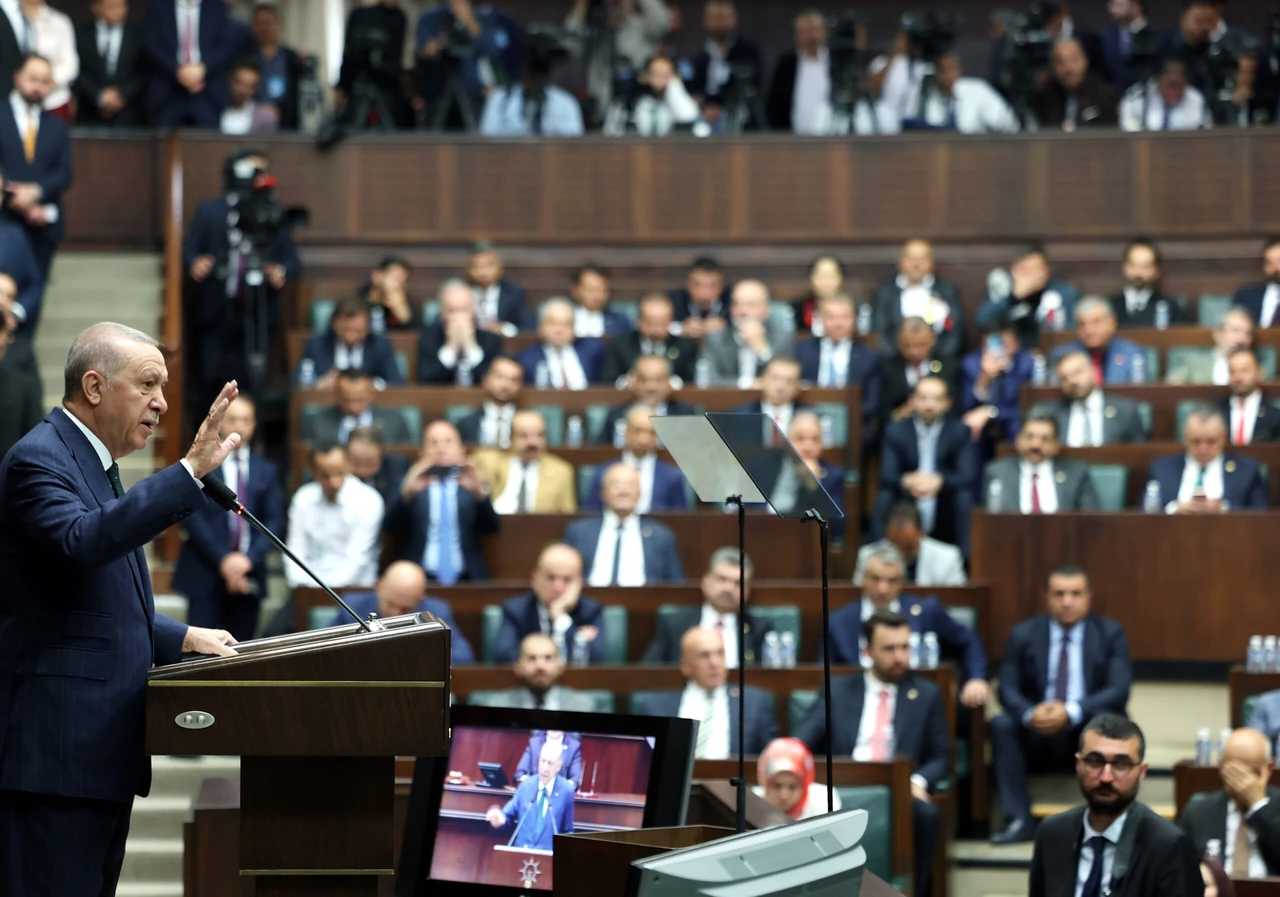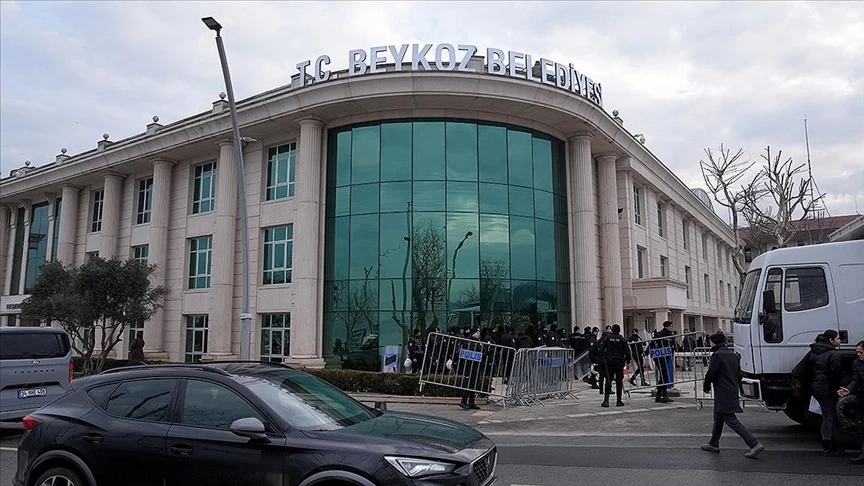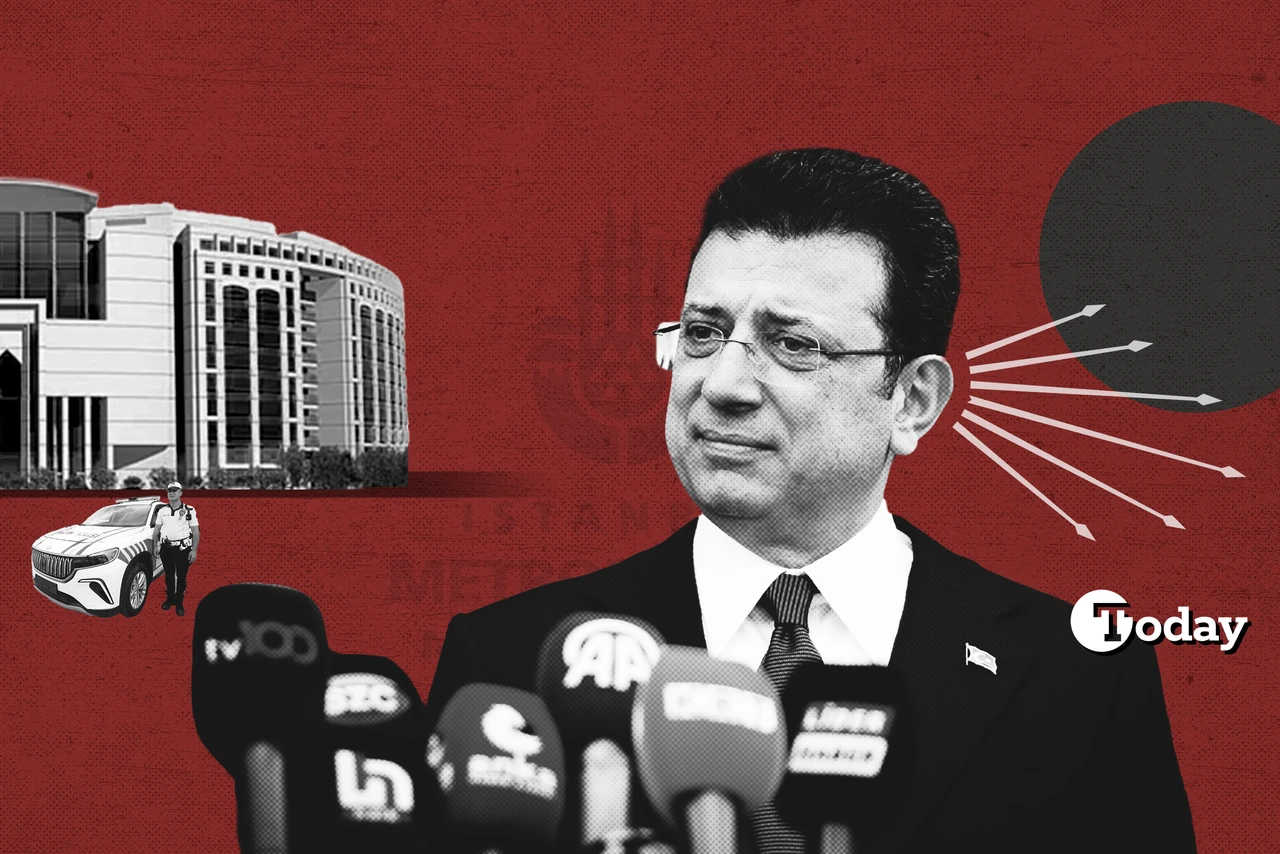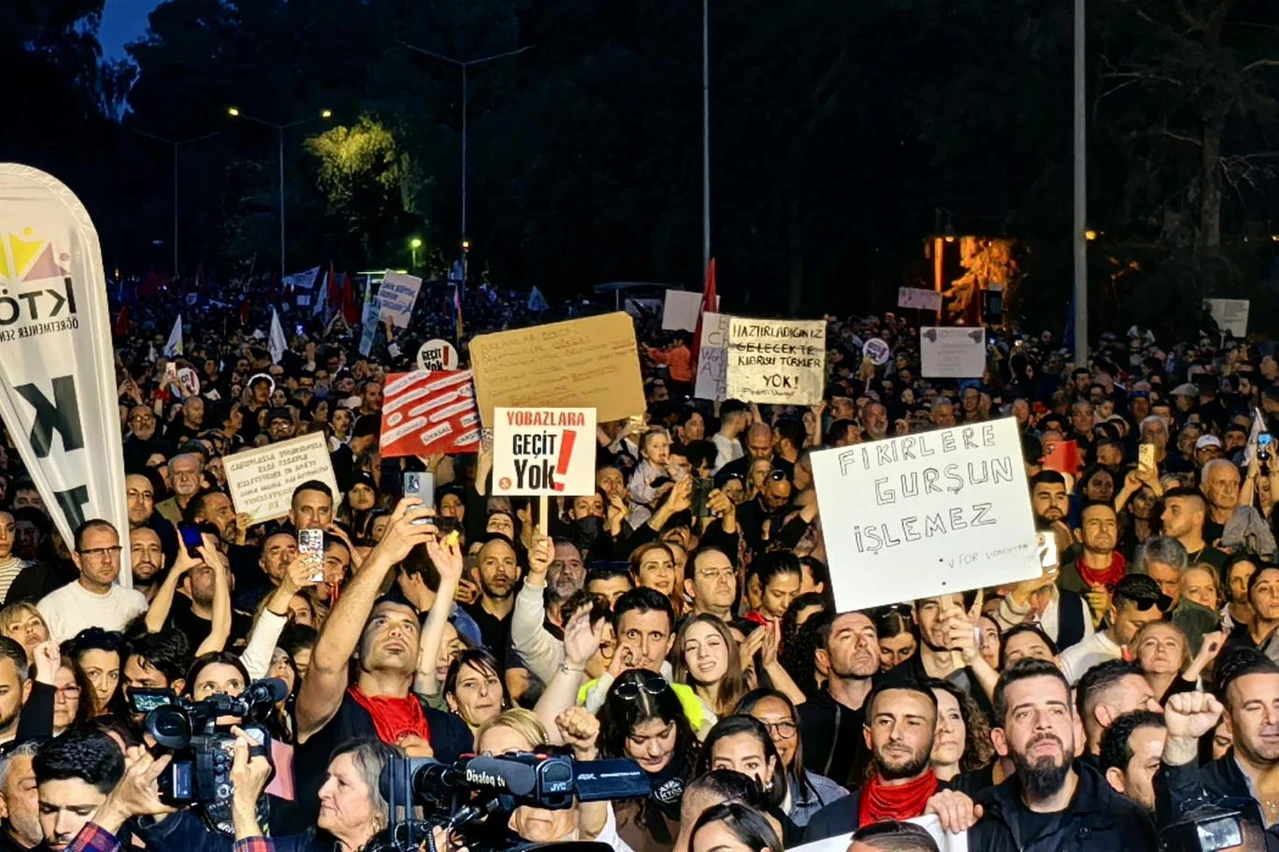AK Party advisers discuss reasserting political influence
 President Recep Tayyip Erdogan speaks at ruling AK Party's meeting, in Ankara, Türkiye, May 29, 2024. (AA Photo)
President Recep Tayyip Erdogan speaks at ruling AK Party's meeting, in Ankara, Türkiye, May 29, 2024. (AA Photo)
Türkiye’s ruling Justice and Development Party’s (AK Party) Advisory Board has provided significant insights to President Recep Tayyip Erdogan, focusing on crucial matters during a meeting.
According to sources, the consultation, presided over by President Erdogan, analyzed recent election outcomes.
Balancing politics, bureaucracy
During the session, some board members underscored the AK Party’s historical struggle against bureaucratic oligarchy yet expressed concerns over recent trends in which bureaucracy appears to encroach upon political decision-making.
It was observed that the party’s actions seem increasingly influenced by bureaucratic considerations, with legal regulations crafted without due regard for political perspectives or their societal impact on citizens.
This prompted a call to reassert politics’s primacy in governance, emphasizing the need to prioritize questions such as policies’ social ramifications and effects on citizens.
Additionally, the meeting addressed internal factionalism within the AK Party, a development noted with concern. Participants lamented the emergence of factional affiliations within the party and its affiliated organizations, a departure from its earlier ethos of unity and cohesion.
Discussions also revolved around the prospect of realigning the AK Party with its original principles, albeit acknowledging the evolving political landscape since its inception.
The timing of any potential reforms within the party was deemed critical, with some members cautioning against delay. They emphasized the importance of seizing the moment for change, warning that procrastination could lead to complications and hinder progress.
Analyzing electoral processes
Moreover, the meeting underscored the need to contextualize electoral dynamics, distinguishing between contemporary circumstances and past elections. Members urged a nuanced understanding of voter sociology, highlighting shifts in the political landscape and the evolving nature of rival parties like the Republican People’s Party (CHP).
They emphasized the importance of analyzing electoral processes within a broader historical and strategic framework to glean meaningful insights.
“We may have made mistakes, we may have shortcomings, but for what motives did these people vote for CHP? This is what needs to be looked at. Unlike the conditions of 1989, the CHP took a more central position,” the board members advised.



